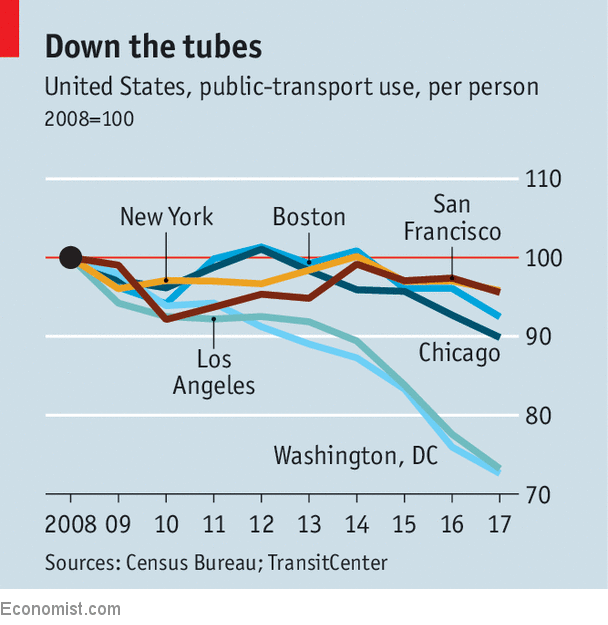We know that many of the geniuses of fin de siècle Vienna
met in the café’s of that city’s first district to produce great conversation
and ideas. The magic of those times and places is impossible replicate but many
have tried to approximate the idea. Starbucks (and competitors) filled a void
in many cities here and abroad. Yes, they’re even in Vienna.
But there is simply no way to mass market and mass replicate
the legendary café’s that Shachar Pinsker writes about in A Rich Brew: How Cafes Created Modern Jewish Culture. Pinsker focus
is Jewish culture but we know that conviviality and conversation are a
universal human desire. The fact that great ideas and great art come about this
way is a wonderful bonus and, under the right circumstances, to be expected. We
think best when we interact and network.
Pinsker ends his tour of the erstwhile landmark coffee houses
of Odessa, Warsaw, Vienna, Berlin, New York, Tel Aviv with a lament about where
we are now. “It is hard to think of significant poetic or intellectual groups
meeting in cafes on a regular basis …” (p. 303). Where these occur it is
serendipitous and unlikely to be packaged in the Starbucks formula. But that
would be asking a lot.
This is the age of screens and screen time. People like
to interact face-to-face and they also like their screen time. They understand that we benefit from many
types of interactions, personal, electronic, near and far. All have their
place. We get too pick the blend that
works for us.






